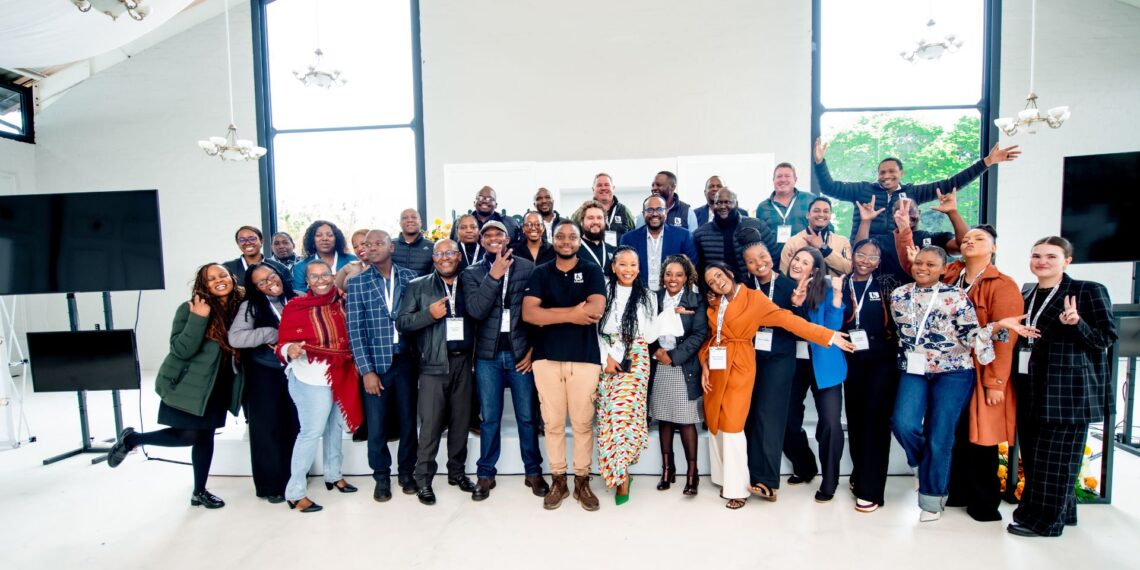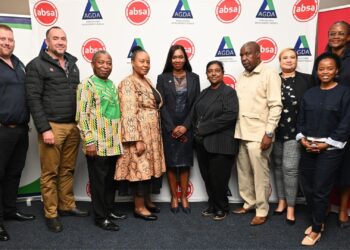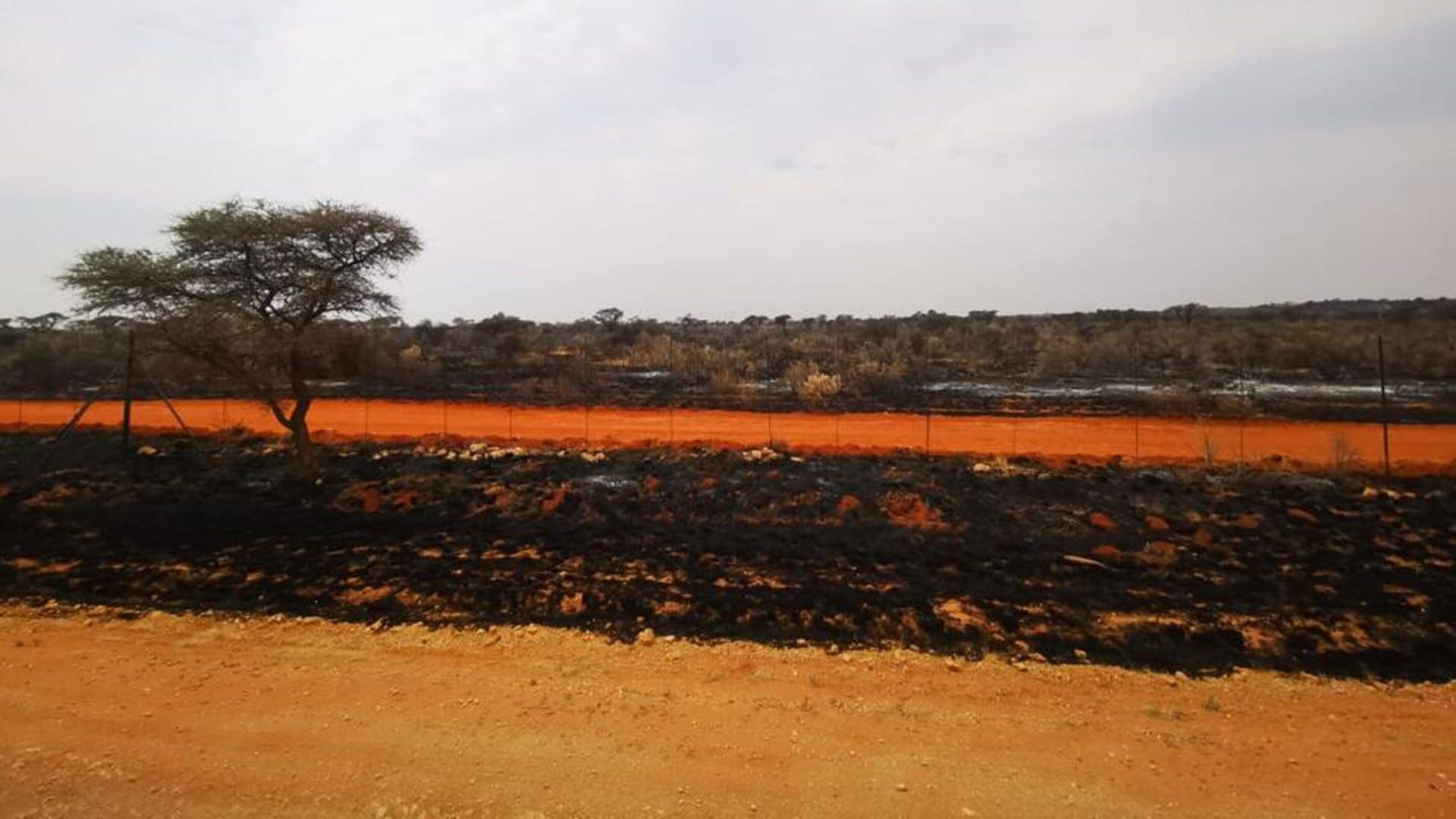A partnership between Khula! and the Kagiso Trust is set to transform market access and digital inclusion for small-scale and new entrant farmers across South Africa.
The initiative, launched recently in Johannesburg, aims to equip 500 farmers with the business, financial and technological tools they need to participate meaningfully in competitive markets.
According to Quinton Naidoo, head of socio-economic development at Kagiso Trust, the partnership is about creating practical pathways between potential and opportunity.
“Our team at Kagiso Trust, almost on a daily basis, meets farmers with incredible potential, from the Eastern Cape to KwaZulu-Natal, the Free State and Limpopo. They amaze us. They know how to farm, but they don’t always know how to run a business. This project is about bridging that gap,” Naidoo said.
He described the programme as a “staircase” connecting South Africa’s two economies, one formal and well-resourced, the other informal and often excluded from funding and technology.
Related stories
- Khula! & Kagiso Trust launch programme to empower 500 farmers
- New plant health rules to fight pests and diseases
- Kagiso Trust CEO: Put soul into agriculture for real change
- Four steps to formalise your farm and unlock finance
Creating funding-ready farmers
Naidoo highlighted the need to overcome fragmentation and duplication across agricultural initiatives. “In just one quarter, we had five organisations approach us wanting to work in the same commodity, none of them collaborating. We need to break down the silos.”
He believes the Khula!-Kagiso Trust partnership represents a new benchmark for collaboration in the agricultural sector, emphasising the importance of unity and shared purpose among industry leaders.
“The initiative’s long-term goal is to create a database of 500 fully assessed, funding-ready farmers who are visible to financiers and able to access capital with greater ease.”
Naidoo also introduced Kagiso Trust’s Tyala Impact Fund, which has been piloting innovative financial products for underserved farmers.
📢 Stand Up, Be Seen, Be Counted
We want to provide you with the most valuable, relevant information possible. Please take a few minutes to complete this short, confidential survey about your farming practices and challenges. Your feedback helps us tailor our coverage to better support the future of agriculture across Mzansi.
“At Tyala, we’ve been providing concessionary loan financing, mostly for production. We realised that we have to shift farmers out of a grant dependency mindset. Tyala is not free money, it’s accessible, patient capital designed to build financial discipline,” he said.
Looking ahead, Naidoo indicated that the next phase will prioritise partnerships with additional funders, banks, and commodity associations to broaden the programme’s reach and impact.
Chief corporate services officer at Kagiso Trust, Dr Ziyanda Mzamo, spoke of the importance of designing digital tools around the needs of farmers rather than institutions.
“Technology often enters the system from the top down, not customised for farmers’ realities. This programme re-centres technology around the farmer. It’s about benefits for the people working our land,” she said.
Mzamo pointed to challenges that continue to limit agritech adoption in rural areas: poor connectivity, unreliable power supply, limited digital literacy, and high data costs. She highlighted the crucial role of digital literacy in ensuring the programme’s success, stressing that both Khula! and Kagiso Trust must equip farmers with the skills to effectively use the platform.
Making agritech accessible
Karidas Tshintsholo, CEO of Khula!, emphasised that the challenge in agriculture is not a lack of funding, but rather the lack of readiness and accessibility.
“There’s a lot of money in agriculture, billions, but very few entities are willing to do the tough work of preparing farmers to be funding-ready. That’s what we pride ourselves on. Khula! is not a funder or a buyer; we’re an enabler,” Tshintsholo said.
According to Tshintsholo, through the initiative, 500 farmers will benefit from real-time support and access to AI-powered tools designed to enhance on-farm decision-making.
He explained that farmers will be able to identify crop issues instantly by uploading images for automated diagnosis, while receiving technical guidance directly via their mobile devices, offering practical, accessible solutions that make technology truly valuable at the farm level.
Tshintsholo emphasised that while the initial programme targets 500 farmers, this number is only a starting point. He called on additional organisations and stakeholders to step in and take on the challenging, hands-on work required to prepare and support farmers so they can effectively access finance, markets, and technology.
READ NEXT: Mastering poultry feed: Tips to maximise efficiency

















